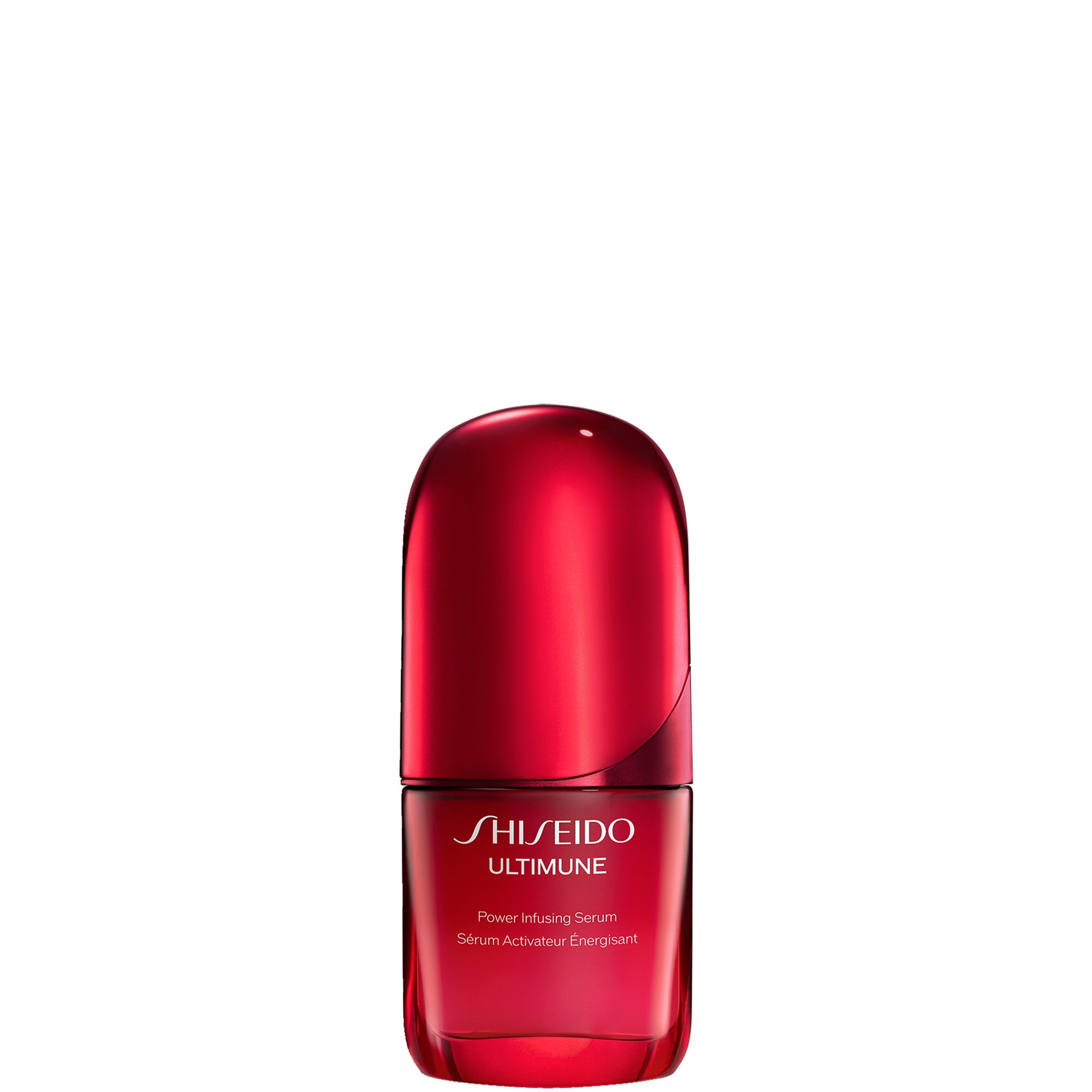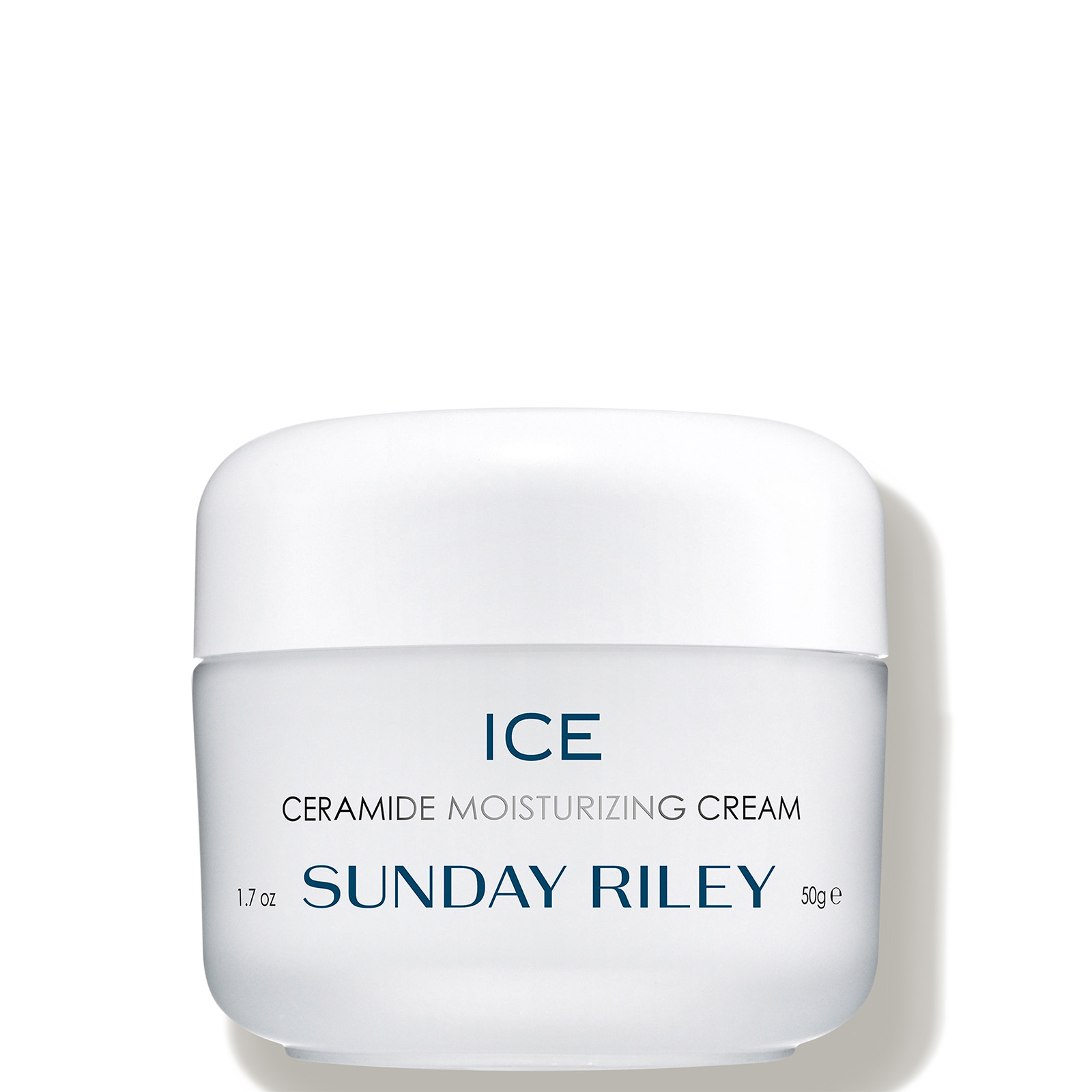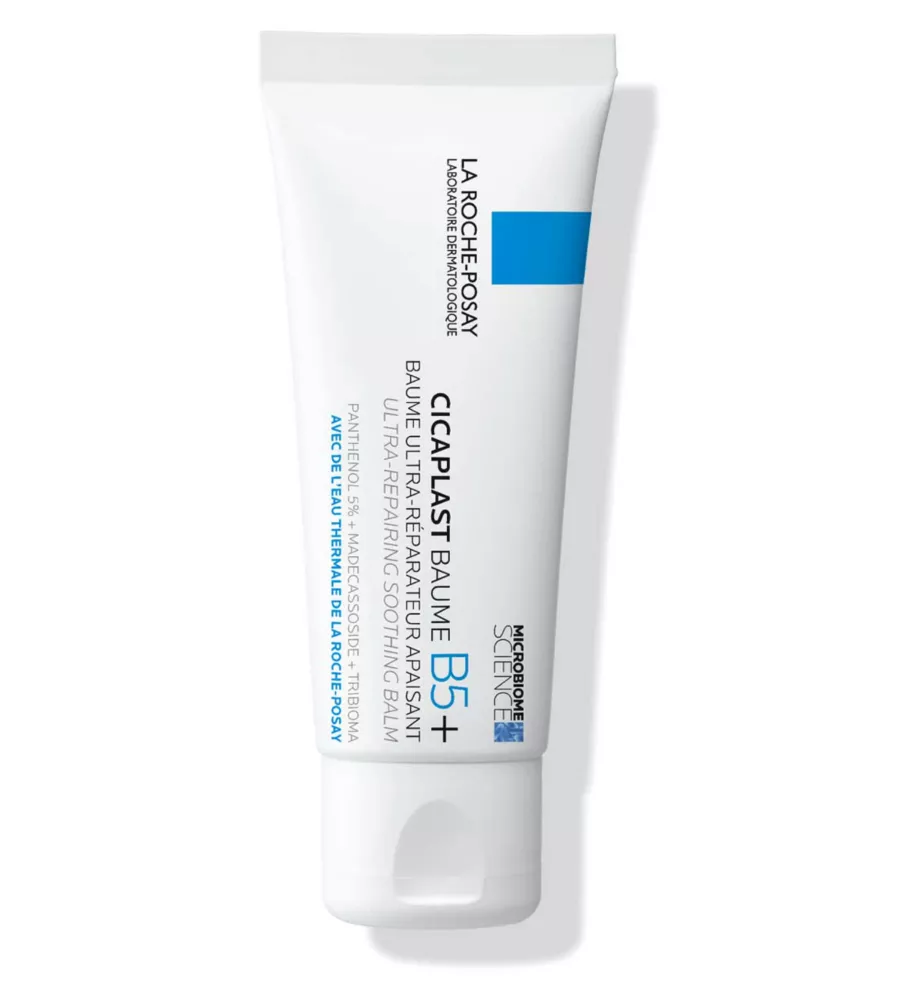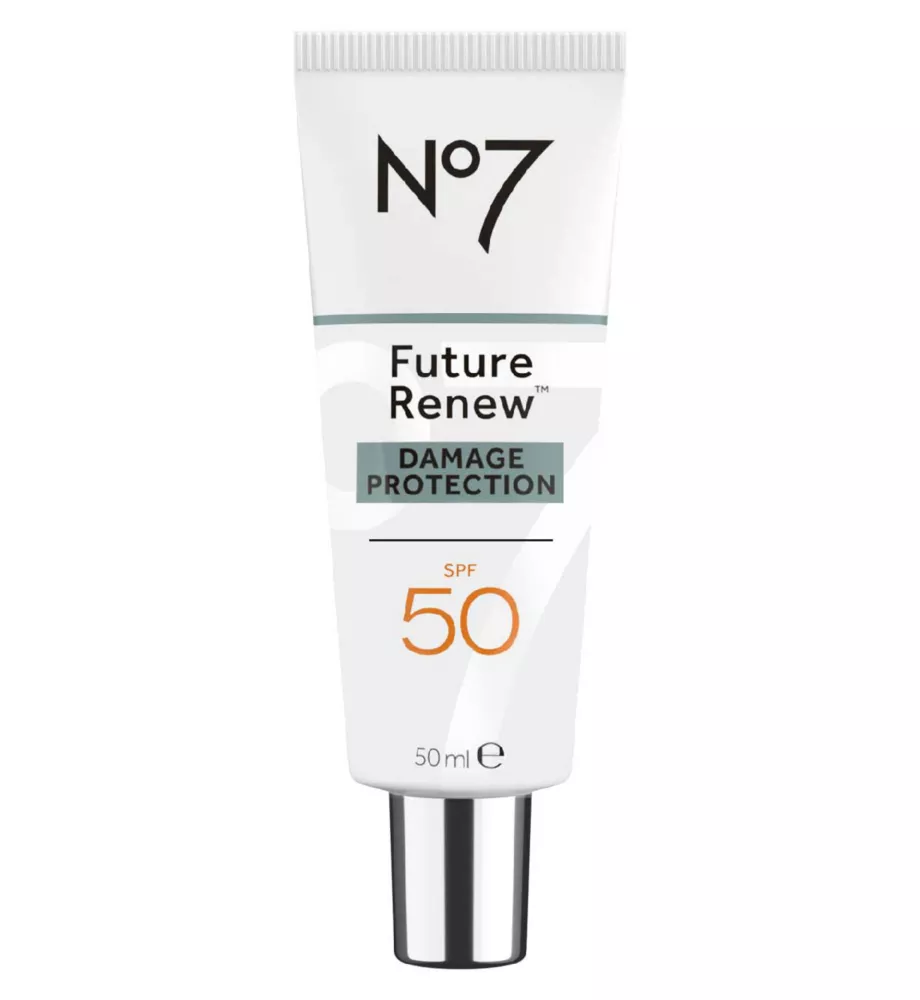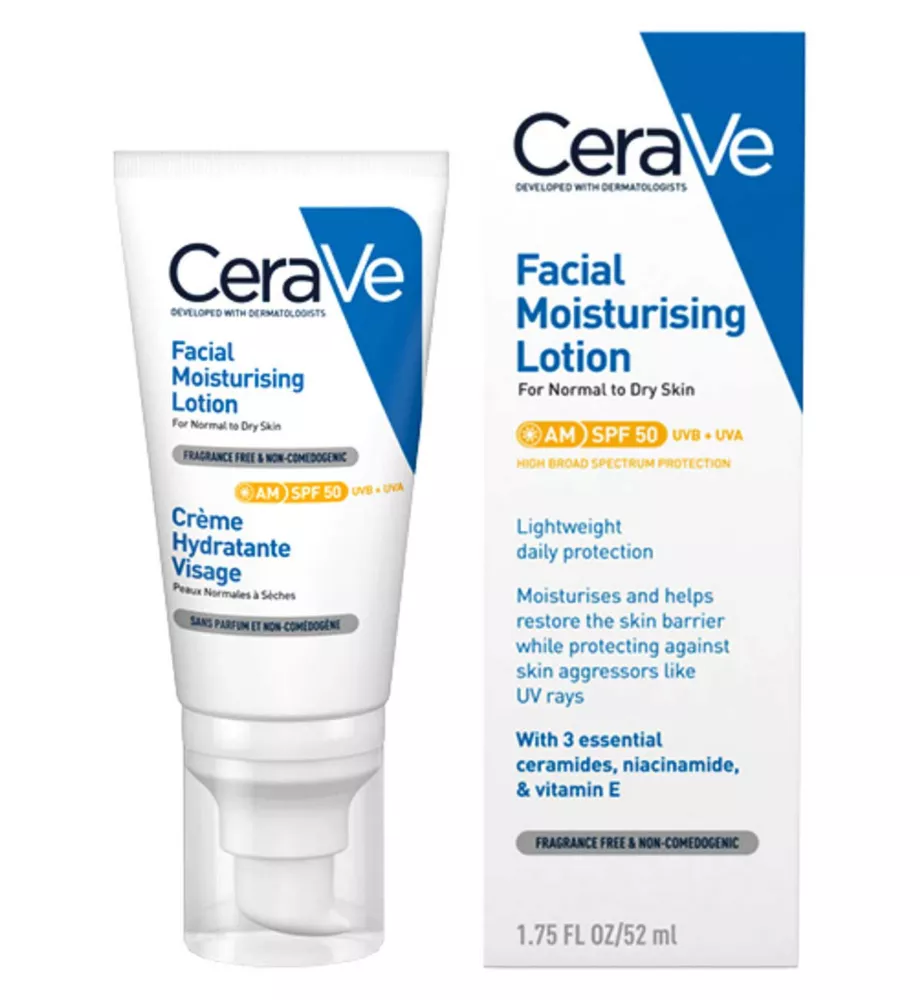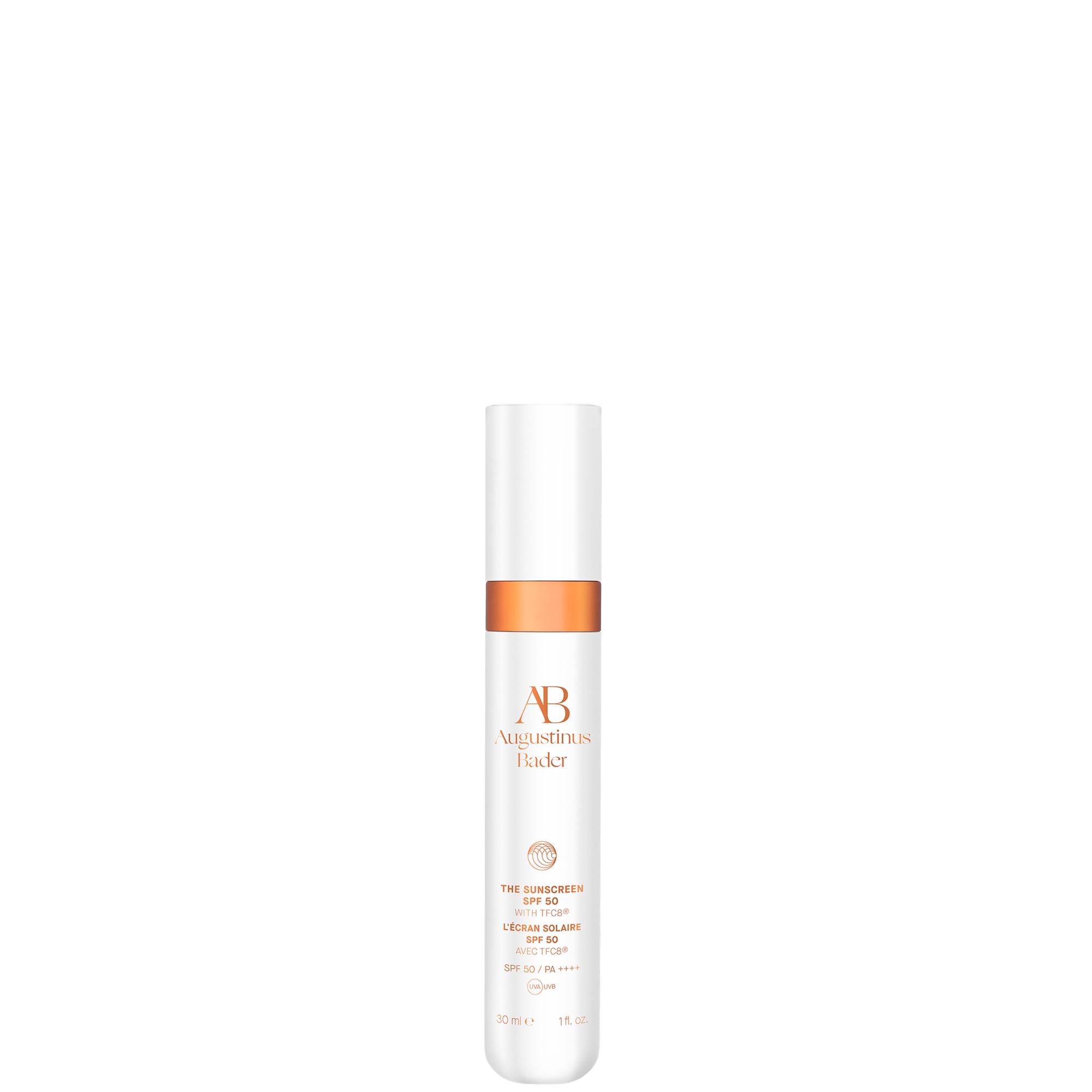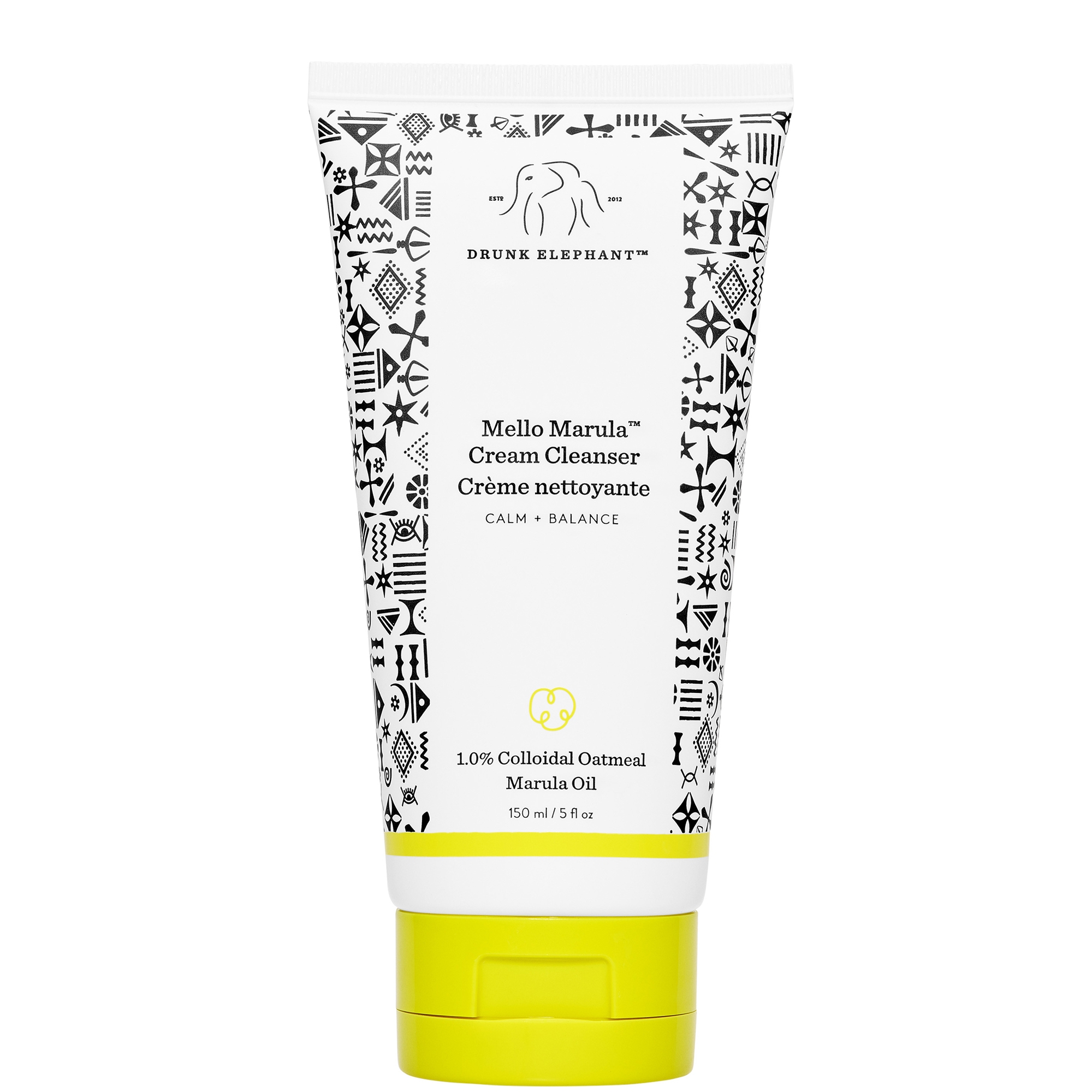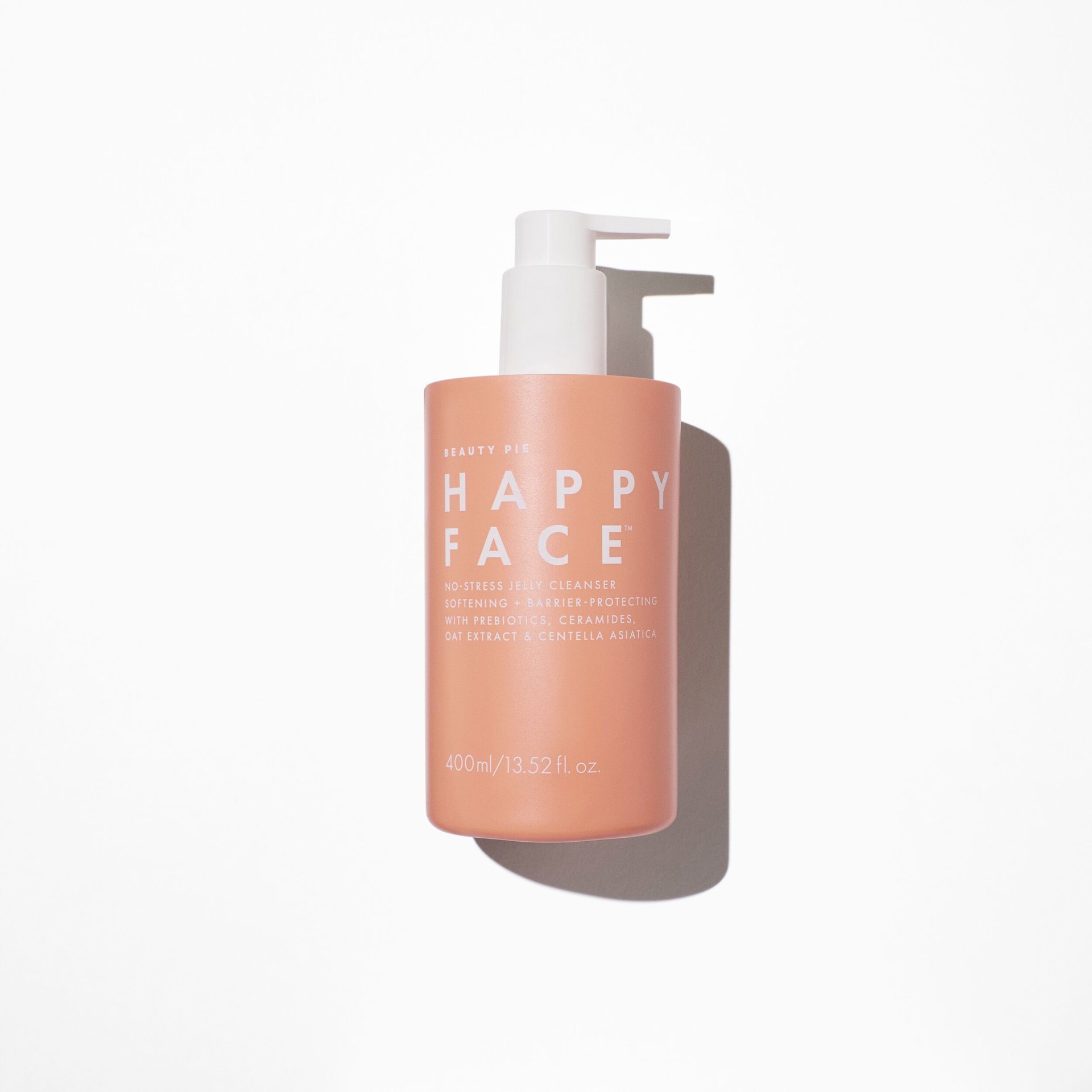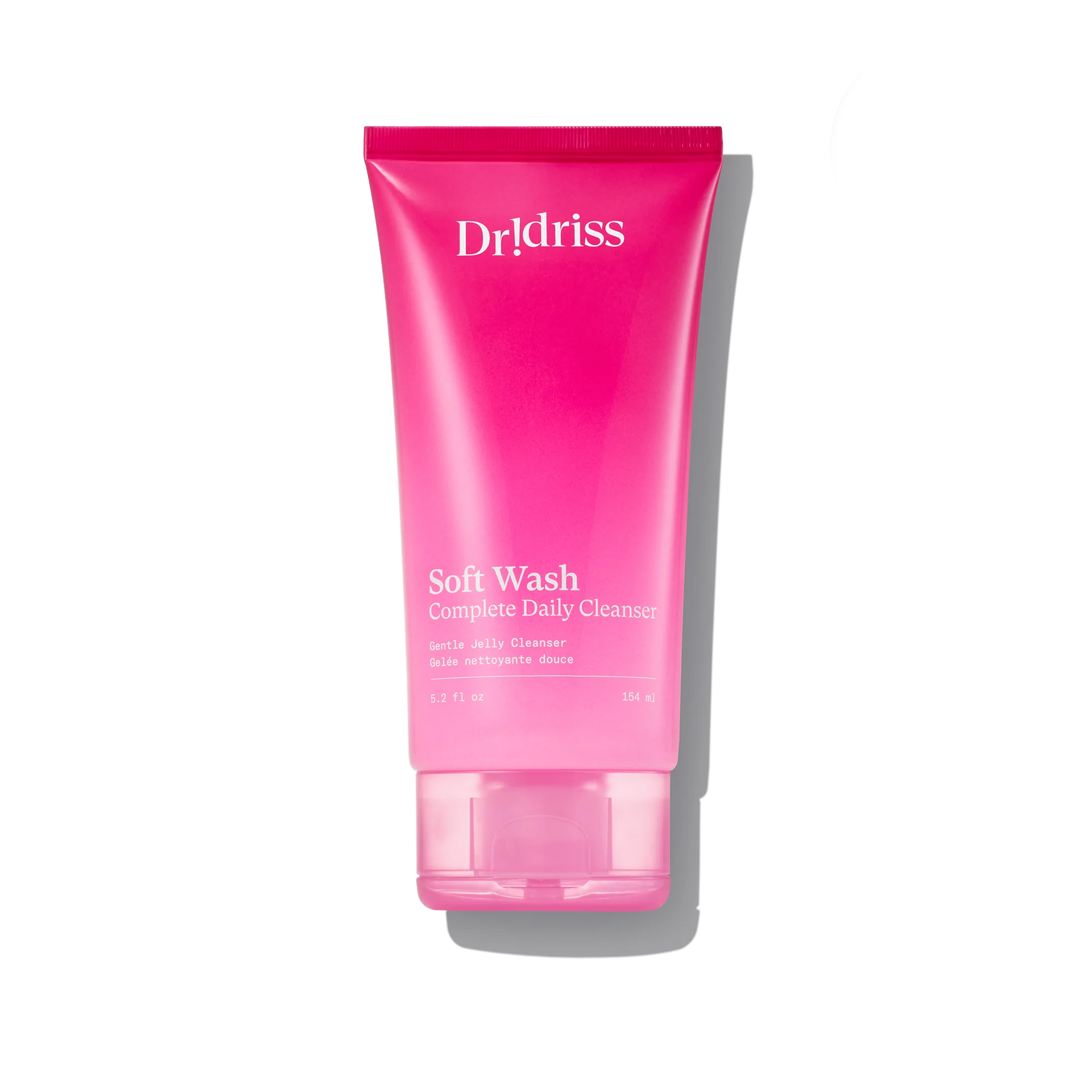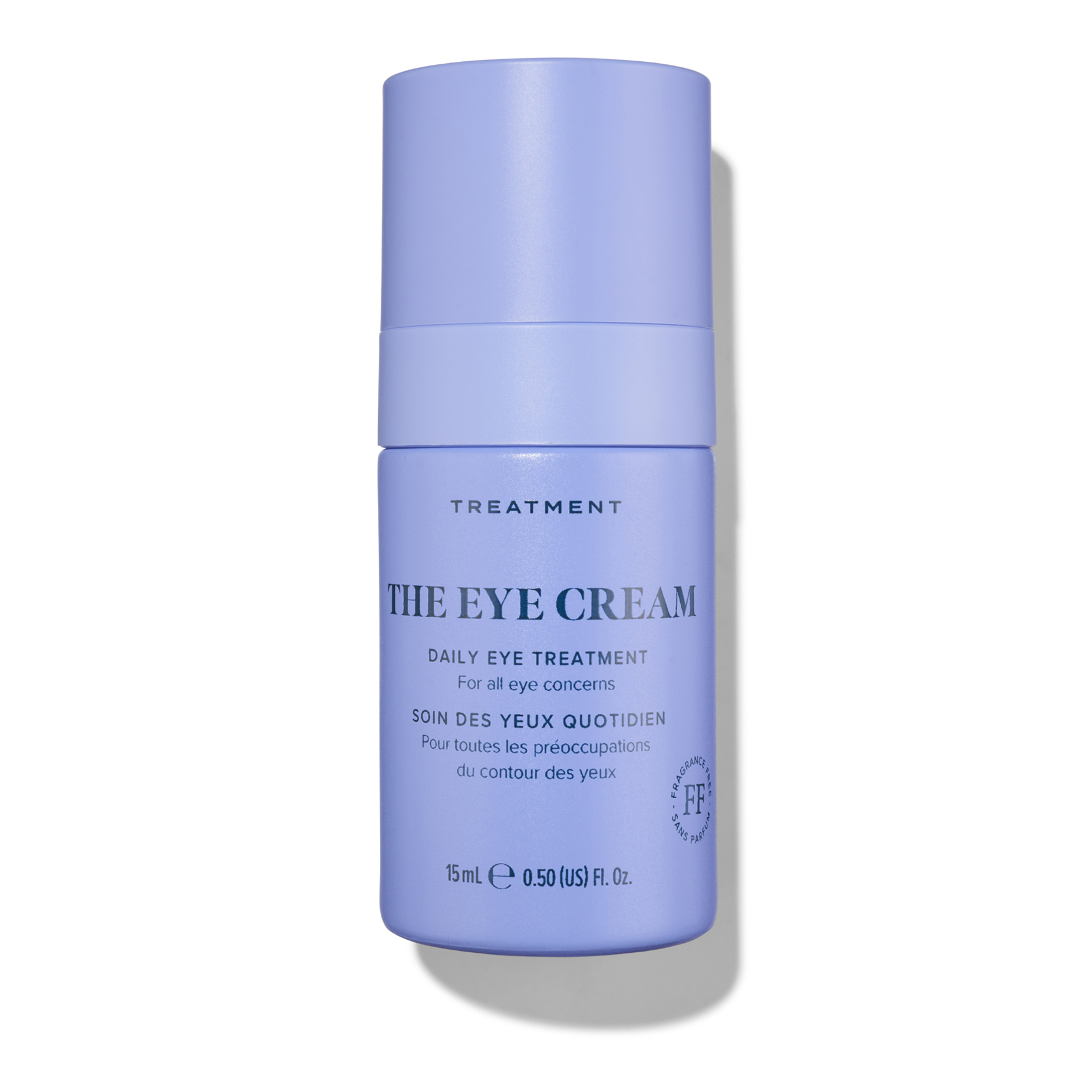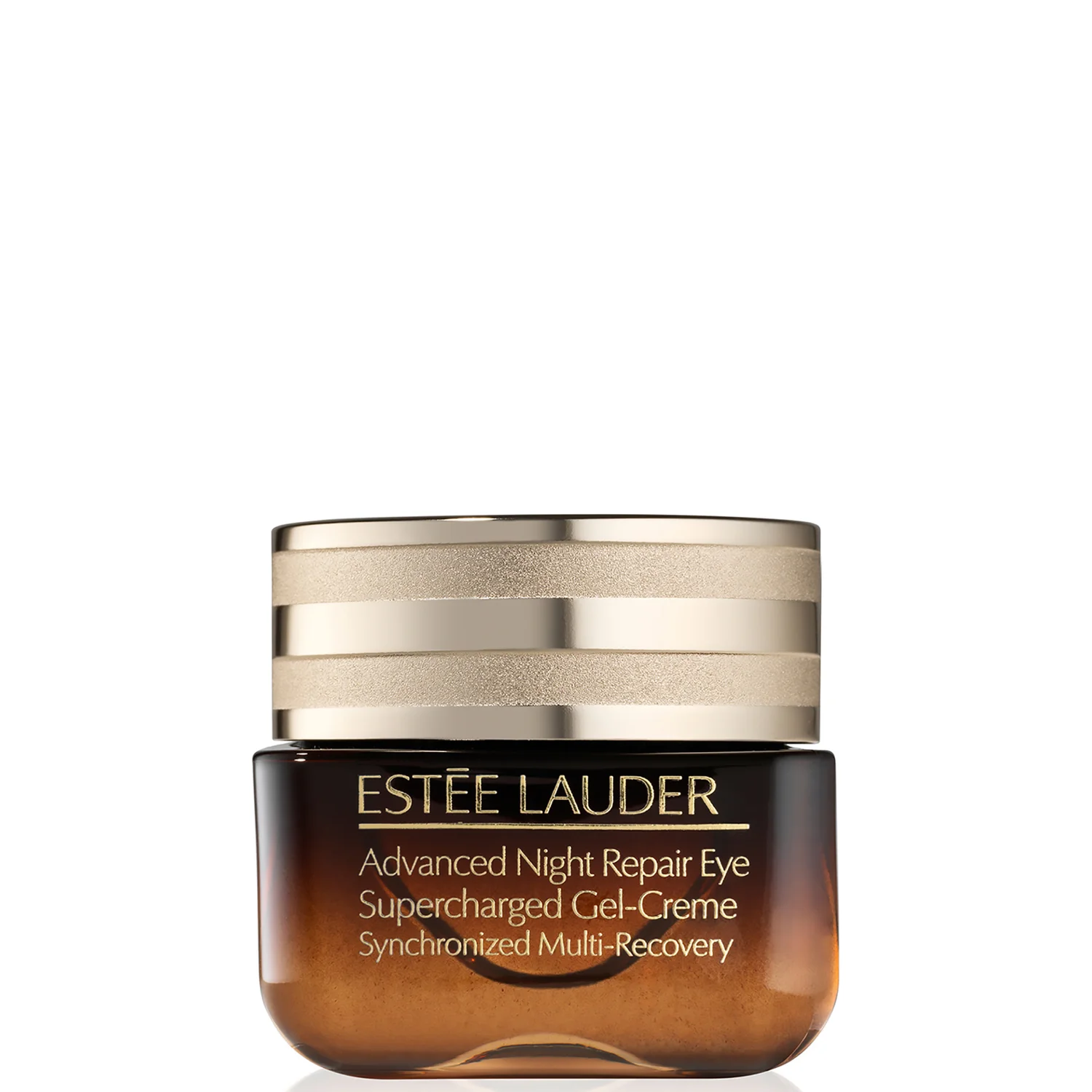7 Skincare Myths I Want Everyone to Unlearn—Yours Sincerely, a Beauty Director
Water isn't always the answer, and no, you probably don't need to overhaul your diet.

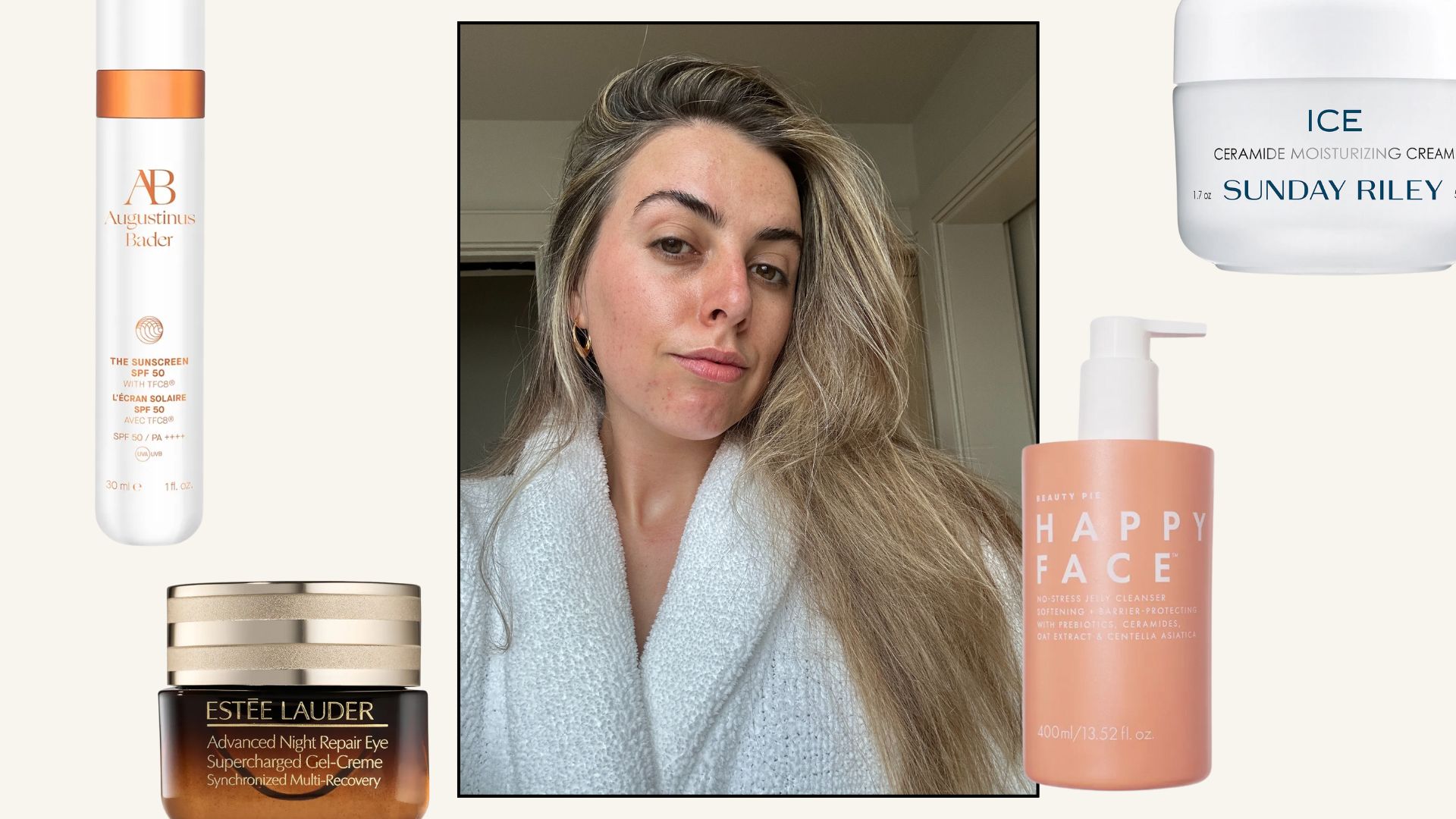
If I'm being totally honest, I'm feeling a little uneasy about the world of skincare at the moment. Not because I don't love it (I've dedicated my decade-long career to learning as much as I possibly can about it, after all), but because I'm finding fewer and fewer people want to hear honest advice. I know this sounds impossibly arrogant, so please let me explain. When I first stepped foot into a magazine office back in 2014, skincare routines consisted of a cleanser, a toner and a moisturiser, and skincare advice was given out only by qualified experts and journalists. Fast forward just a few years, and things couldn't be more different.
Now, social media rules the game. We are being served fix-all products, clean-cut remedies and black-and-white advice that leaves no room for nuance. And with this, sadly, has grown a deep-rooted tree made up of contentious skincare myths. In relation to clearing up my medically diagnosed, hormonal acne, I have been told to bin my morning cleanser, promised miracle serums and even advised to cut out dairy from my diet entirely—all by unqualified individuals on the internet. And while it's easy for me to turn a blind eye to this advice, the thing I'm struggling with the most is that it makes my job harder. With people being promised easy solutions to very complex skin problems, the truth becomes harder to hear.
And I know I am not alone in feeling this way. In fact, many of my skin expert friends are feeling the same. And while I appreciate there isn't a whole lot we can do about it, I at least want to make a start by laying down some topline facts. So, if I can urge you to do anything today, it's to scroll on and read the seven skincare myths I (and some my medically-trained colleagues) wish everyone would forget in their quest for great skin...
Myth: Drinking More Water Is the Secret to Glowing Skin
Truth: Your Skin Is Likely Dry for Other Reasons
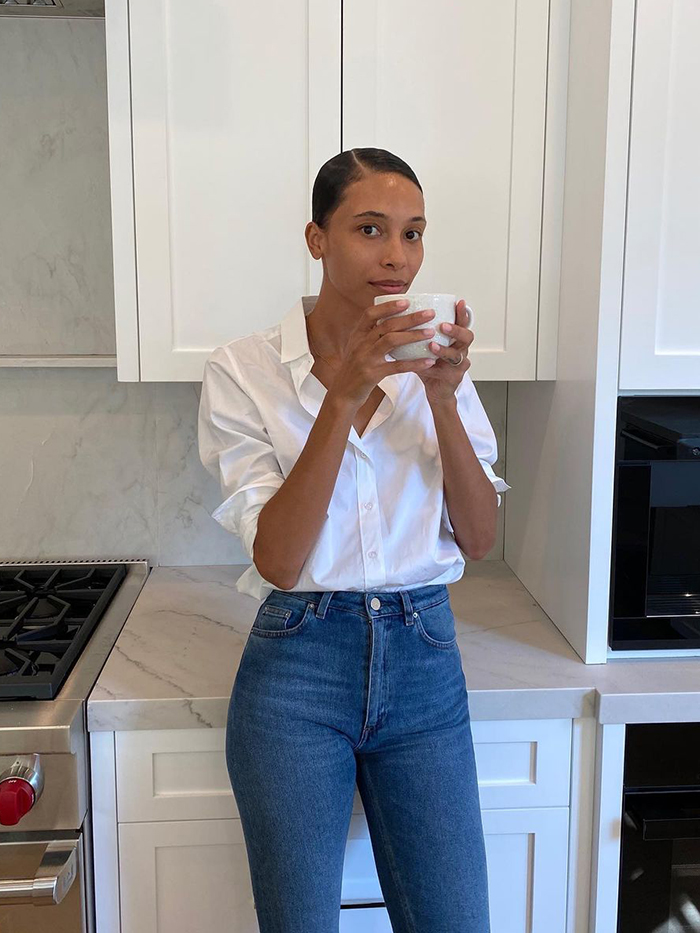
Truthfully, this myth is so ingrained into us that I expect a whole bunch of you won't believe me, but it's true: drinking litre after litre of water probably isn't going to give you the skin of your dreams.
And don't get me wrong, keeping hydrated is very important for every aspect of our health, including our skin, but drinking excessive amounts of water won’t solve all of your skin issues. If you're dehydrated, then of course this can impact your skin, and rehydration will help, but water isn't the be-all and end-all.
"Of course, drinking water is important to the health of the skin, but equally as important is getting a regular supply of essential fatty acids in your diet from nuts, avocado and salmon, for example,” says Pamela Marshall, clinical aesthetician and co-founder of Mortar and Milk.
The truth? You can drink enough water and still experience dry, lacklustre skin. Providing you’re drinking the NHS-recommended six to eight glasses of fluid a day, your skin is likely dry for other reasons. "If you already drink water and your skin feels dry, apply topical products like hyaluronic acid serums, light moisturisers and barrier creams when you go outside,” says aesthetic doctor, Barbara Kubicka.
Shop Hydrating Skincare
Myth: Unhealthy Food Causes Breakouts
Truth: The Link Between Skin and Diet Isn't Fully Understood
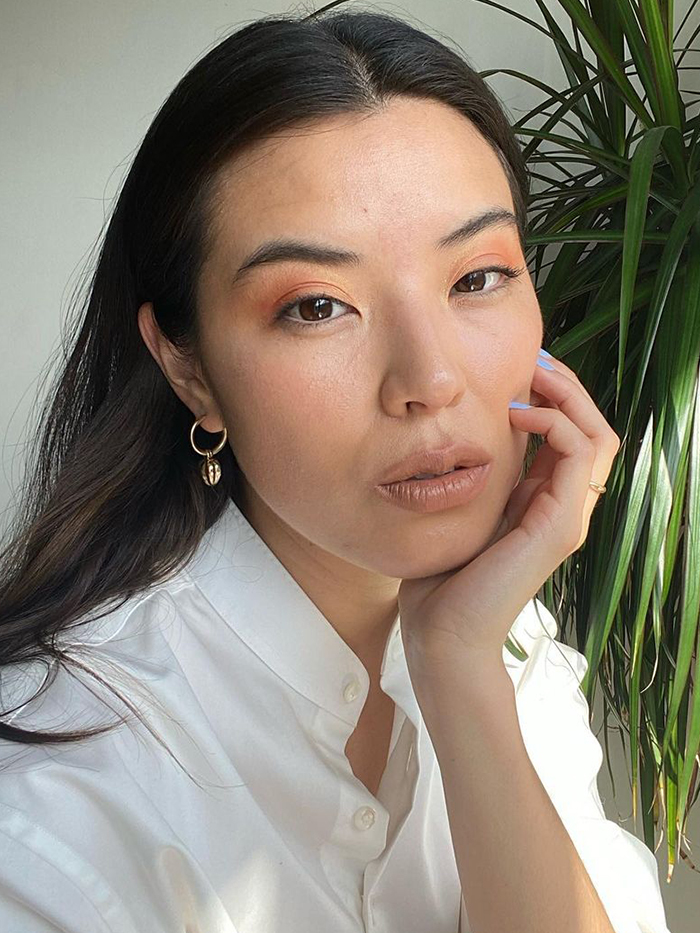
Despite having been a beauty journalist for over 10 years, I have spent most of my career battling acne. Nowadays, however, I like to think that it is mostly in check—and this is in part down to some very helpful advice I received from consultant dermatologist and nutritionist, Dr Thivi Maruthappu. As a specialist in the relationship between skin and nutrition, and having dedicated a lot of her career to research in the field, she is probably one of the most in-the-know people out there when it comes to the topic. The thing she really wanted me to know the first time I met her? While certain foods can impact our skin, acne is unlikely to be caused by food alone (and, actually, unless you have specific intolerances, the link isn't as evident as people believe it to be).
Dr Ravi Ramessur, consultant dermatologist at the Cadogan Clinic explains, "Misconceptions about acne, such as it being solely caused by greasy food or not washing your face enough, can lead to ineffective treatments. Acne is not caused by diet alone, though foods high in sugar and dairy may exacerbate the condition for some individuals. A balanced approach, including proper skincare and medical treatments, is essential."
Myth: Daily SPF Application Leads to Vitamin D Deficiency
Truth: Applying SPF Everyday Can Help Prevent Skin Cancer

I really can't get this point across any louder: Applying SPF every day is probably not going to make you deficient in vitamin D. I have written many, many investigations on this topic, and I have weighed up every side of the argument. The facts? SPF protects your skin from the sun's harmful and damaging UV rays. Our body produces vitamin D via sunlight. But these two things are not mutually exclusive—they are facts that can exist at the same time and both be true. "While it's important to ensure adequate vitamin D levels, it can be achieved through moderate sun exposure, diet and supplements—without forgoing sunscreen," says Dr Anjali Mahto, consultant dermatologist and founder of Self London.
As Dr Mahto explains, vitamin D can be produced within the body through moderate sun exposure, and our levels do cap out at a certain point. The process of applying SPF means that its protection isn't bulletproof enough to the extent that it limits our bodies from producing vitamin D entirely.
Shop Lightweight SPFs
Myth: Breakouts Mean You Need to Exfoliate
Truth: Breakouts Can Also Be a Sign of Overexfoliation
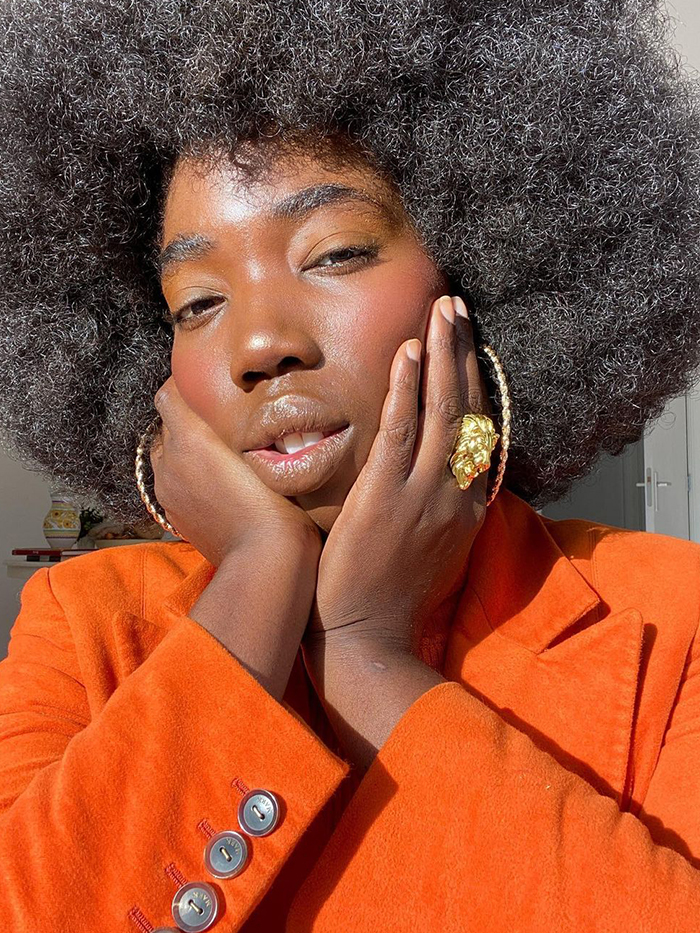
Another thing I've learned the hard way? Breakouts aren't always a result of congestion that needs exfoliating away. In fact, a lot of acne cases aren't going to be helped by exfoliation at all. "Breakouts are not all created equal," says Dr Alexis Granite, consultant dermatologist and founder of Joonbyrd. "Comedonal acne, characterised by blackheads and whiteheads, does tend to respond well to exfoliation to gently loosen trapped pores. However, for those with more inflamed acne, over-exfoliating can actually aggravate the skin and cause irritation." And the icing on the cake? Some people experience acne because of skin barrier damage, where exfoliation is just about the worst thing you can do for it.
Myth: There's No Need to Cleanse in the Morning
Truth: A Wash-Off Cleanser Morning and Night Can Prevent Breakouts
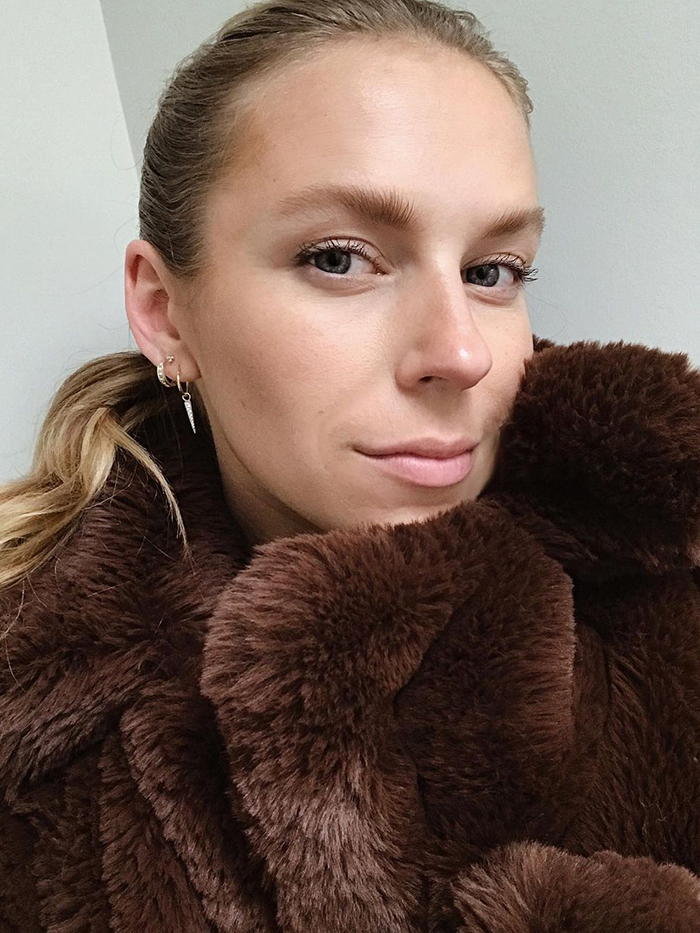
High up on the list of myths that really rile experts (myself included) is the number of clients who skip their morning cleanse in fear of it being too aggressive. In fact, this is "advice" I have seen all over my TikTok FYP. "It is one of my biggest pet peeves. The amount of sweat, sebum, pollution and dead skin cells that accumulate on our sheets is pretty dramatic,” says Marshall.
So why do people think it’s not necessary? In short, the myth goes that if you cleanse deeply enough in the evening, doing the same thing again in the morning could be disrupting your skin’s natural balance and sapping it of moisture. However, experts are keen to preach that the benefits of a morning cleanse dramatically outweigh any negatives. Marshall explains, "The number of acne cases I have cleared up as a result of someone not washing their sheets regularly (once a week in hot water), not cleansing in the morning or not using a flannel to remove their cleanser is shocking. (Splashing your face with water isn’t enough.)”
Chances are, those who have sworn off a morning cleanse have simply been using the wrong cleanser. The trick is opting for a gentle cleanser in the morning—by this, I mean one that has a jelly or cream consistency that doesn't lather too much.
Shop the Best Morning Cleansers
Myth: Eye Cream Is a Waste of Time
Truth: The Skin Around Our Eyes Requires Different Treatment
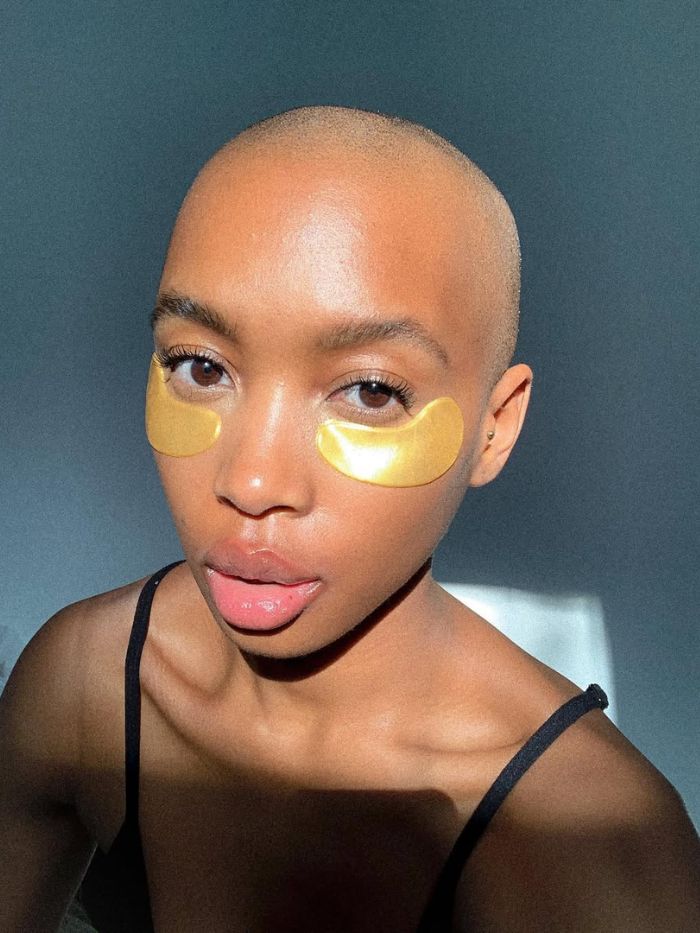
This myth is so prevalent that when I found myself sitting in a room with a group of fellow beauty directors a few weeks ago, none of us raised our hands when skincare expert and founder of Skin Rocks, Caroline Hirons, asked who uses an eye cream.
"A lot of people, even those with a solid skincare routine, see eye cream as a ‘nice to have’ or an unnecessary extra step. This usually comes down to a few common misconceptions. Some think eye creams are just overpriced facial moisturisers in smaller pots. Others assume the skin around the eyes has the same needs as the rest of the face and will age at the same rate. Not true," says Hirons. And, I'll admit, this is everything I believed. In fact, I thought eye creams were causing me issues in the form of milia and sensitivity. It turns out I just needed to switch up the formulas I was using.
"The skin [around the eye] is thinner, holds less moisture and is often the first place to show signs of ageing. Plus, your eye concerns may not match the rest of your face—you might want to tackle crepiness under the eyes while focusing on pigmentation elsewhere. Yes, you can take your usual serums and moisturisers up to the eye area, but they won’t be as effective as a properly formulated eye cream backed by clinical trials. A good eye cream targets specific concerns like puffiness, fine lines, and dark circles—things your regular products weren’t designed for," says Hirons.
Shop the Best Eye Creams
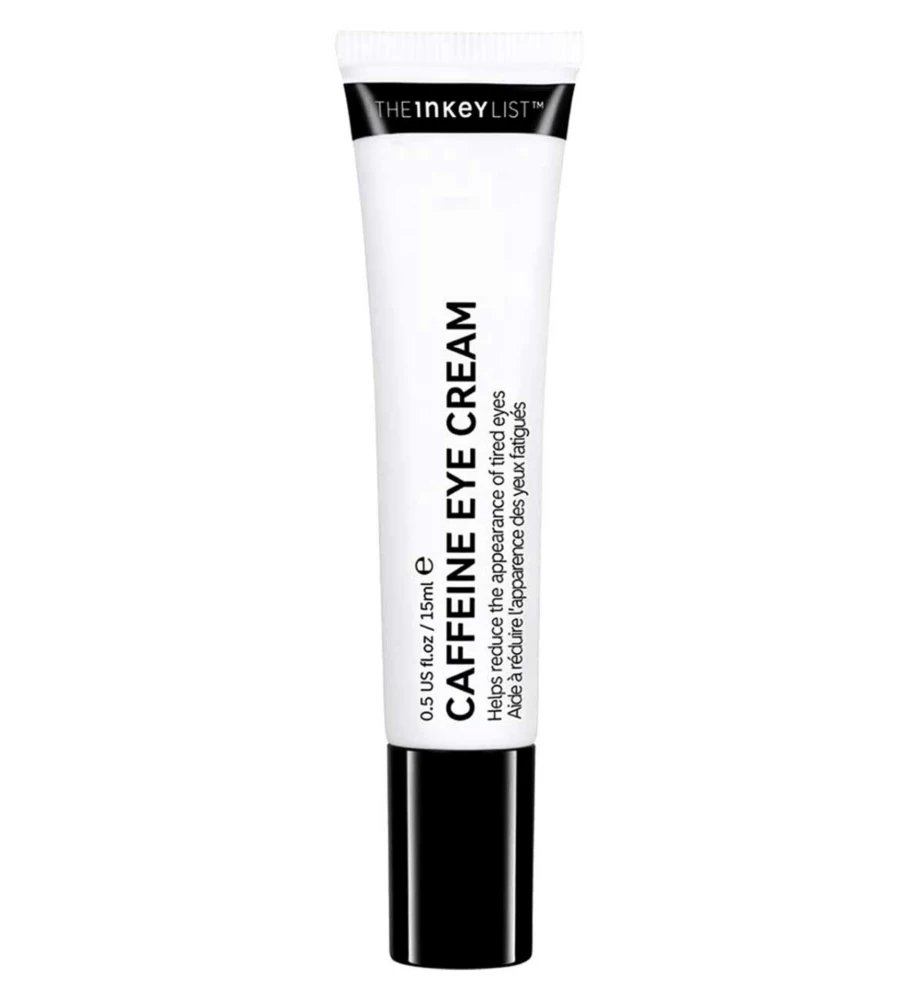
If you're after an affordable eye cream that brightens dark under eyes, this is it.
Myth: A Perfect Skincare Routine Exists
Truth: Everyone's Skincare Products Will Likely Be Different
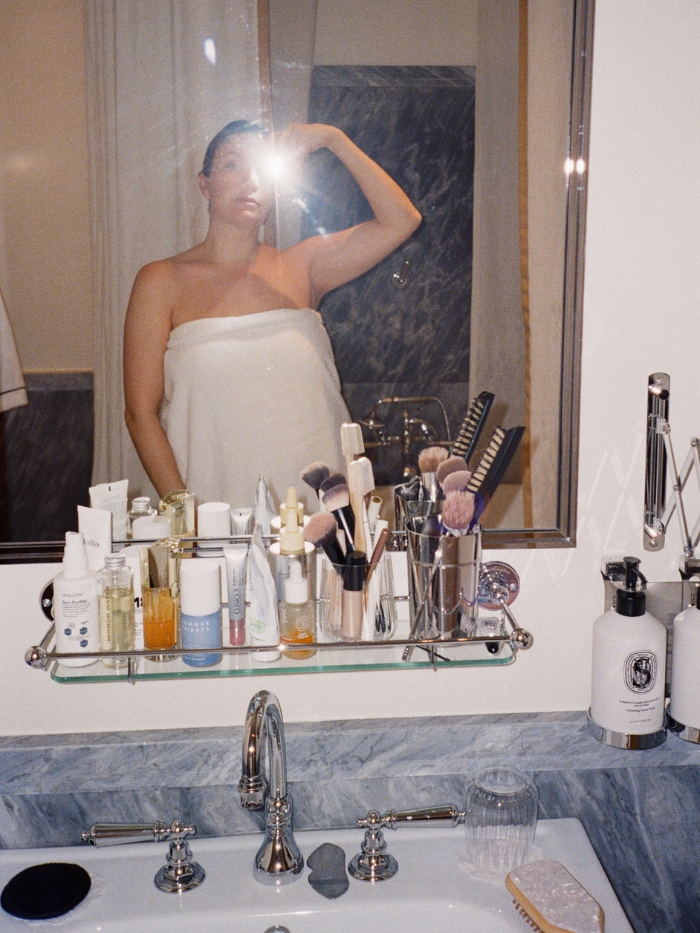
Finally, I want you to really pay attention to this one. I want you to remember this every time you go to offer someone unsolicited skincare advice, feel lied to after being let down by a product or take advice from a stranger on the internet. Read this carefully: There is no such thing as a perfect skincare routine.
In my many years in this job, I have learned the important lesson that giving skincare advice is a skill in itself that needs to be crafted. While you might detest a specific moisturiser for breaking you out, others out there will adore it—and this doesn't make either of you wrong. "There really is no one-size-fits-all approach, and with so many great skincare options out there, you can definitely customise your routine to suit your individual needs and budget," says Dr Granite.
Before taking skincare advice from someone, ask yourself whether or not you trust that they have a deep understanding of the skin as an organ, whether they have tailored their advice for different skin types and whether you have previously heard experts advise something that counters their view.
Something I like to remind people of is that your skin is a functioning organ, and just like every other organ in your body, it is complex and unique. What treatment works for one person might not work for another.

Shannon Lawlor is the beauty director atBest Knockoff Luxury Clothing UK. With over a decade of experience working for some of the beauty industry’s most esteemed titles, including Marie Claire, Glamour UK, Stylist and Refinery29, Shannon’s aim is to make the conversation around beauty as open, relatable and honest as possible. As a self-confessed lazy girl, Shannon has an affinity for hard-working perfumes, fool-proof makeup products and does-it-all skincare.
